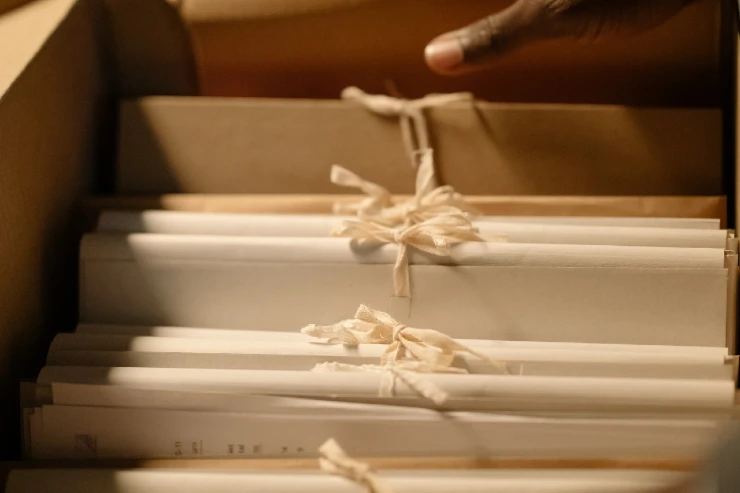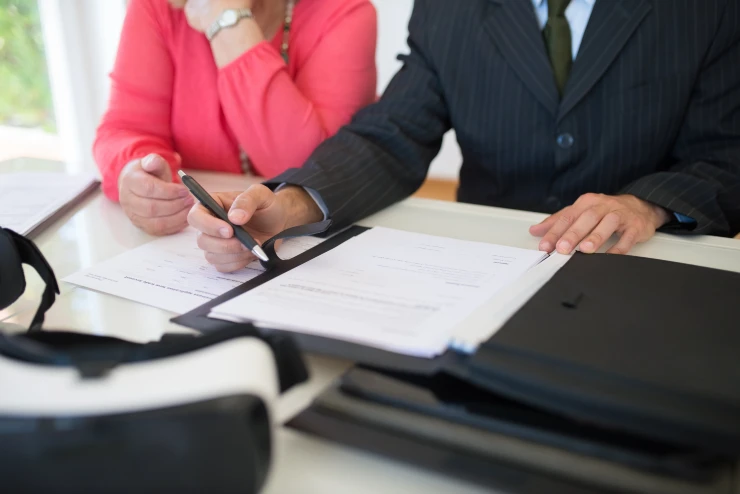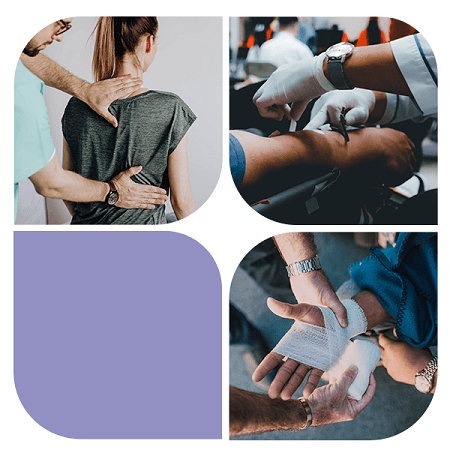The Process & What You Can Claim
We're here to help and do all we can to make the process as simple and hassle free for you.

We're here to help and do all we can to make the process as simple and hassle free for you.


Your claim is run in accordance with a set of guidelines and rules that are known as the Pre-action Protocol for the Resolution of Clinical Disputes.
We are a firm believer in explaining the ins and outs of how a claim works, right from the moment you first speak with us. We understand that you probably want to know what will happen during the case, and we appreciate that this is a difficult time for you, and a little knowledge could help you to feel at ease
We can go through this on the phone or in a meeting with you, but here is an outline of how the general process works...
Claim NowWe can research the law and facts that are relevant for your claim to allow us to prepare a plan of action as to how we can best fight your case.
We can advise you of the prospects for success, and what we consider to be the potential difficulties to overcome in your particular claim.
We pride ourselves on giving honest and thorough advice, so we will never lead you on, and we will always give you the facts in simple, plain English.

We can apply for your medical record so you don't have to. Your medical records are a key part of the evidence for any medical negligence case, and they will often help to determine liability for the case.
We usually give a period of 40 days for the records to be received, or we may take court action to enforce a response.
Obtaining your medical records is no problem for us at all - we have a right to get the records under the Data Protection Act 1998, and ultimately they are extremely useful for the case. Once we have received the records, we can fully examine them and form a chronology of events with witness evidence from you that matches up to the relevant parts of your records.
Medical negligence claims can be risky to pursue. Insurance may be key to a case as this protects us, and you, from paying costs to the other side, and to cover the cost of medical and expert reports if the claim does not win, or if we cannot recover the cost of them.
It is particularly essential if we are going to need to take the case to court in the event that the NHS intends to defend the claim.
We will often take the case to several trusted insurers to broker the best policy that is suitable for your case.


We will carefully select at least one (potentially multiple) appropriate medical experts who are qualified to produce a medical-legal report to form a crucial part of the evidence for your case. You will normally meet with them for an examination as part of the process for the report.
Many cases may come down to whether the treatment provided to you was negligent, which can often be established by obtaining an opinion from an expert in the same field. If that expert confirms that they would have taken an obvious alternative approach, their report confirming this can be used as vital evidence to prove the case.
On top of that, the other reason for the report is to identify the extent of the pain, suffering, and loss of amenity you have suffered. The value of the claim will normally be primarily based on the report that the expert provides to us. The report will also help us to justify any reasonable losses you want to claim for - e.g. justifying the need to have time off work, and as such, claim back for lost earnings.
Several experts may be required to bolster our evidence as much as possible. We will review any reports we receive, and we will ask you to agree to the contents if the report is fully correct.
You should also be aware that the Defendant may ask that you see their own expert as well as one we instruct.
We can send a Letter of Claim to the NHS, GP, or whoever is the opponent for the case, and ask that they respond within a period of just under four months as the timeframe prescribed for your claim. The idea is that the other side will then respond within the time frame and either accept or deny liability.
If they accept liability, the claim should be much more straightforward, as this is their admission that you have a claim that they must answer to. If they deny liability, we can look to fight your case for you.
If the claim is against an NHS Foundation Trust, it is usually the NHS Litigation Authority that will investigate and respond to the claim if the claim is in English jurisdiction. For claims in Wales, it is the Welsh Health Legal Services that deal with the matter.


Really need to know if you have either a medical, clinical or dental negligence claim to make?
Fill out our super-fast form below and our team will contact you and let you know if you have a case to make a claim for compensation.
Claim Now
Claiming Compensation for Gallbladder Surgery Negligence: Your Rights Explained
Gallbladder surgery negligence can turn a routine operation into a life-altering ordeal. Every year, thousands of people...

Understanding Your Birth Injury Claim: A Comprehensive Guide from The Medical Negligence Lawyers
If substandard care during pregnancy, labour, or immediately after delivery has affected your family, you may have groun...

Understanding Your Rights: Pursue an Anaesthesia Claim
If you have been harmed by substandard anaesthetic care, you may have grounds for a strong anaesthesia claim. Every y...